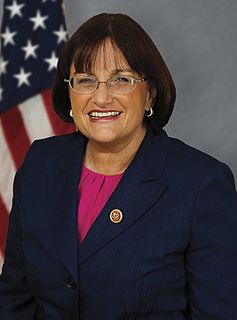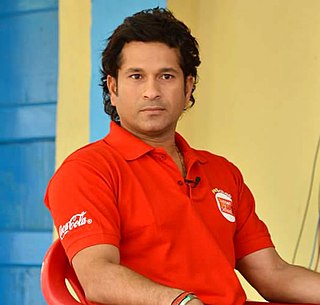A Quote by Metiria Turei
You don't have to be a rocket scientist to prove that cutting incomes to the poorest families will have a negative impact on kids. That is less money for the basics like food, health and clothes.
Related Quotes
Why do we need to support the food stamp program? Because low-income families experience unemployment at a far higher rate than other income groups. Because cutting nutritional assistance programs is immoral and shortsighted, and protecting families from hunger improves their health and educational outcomes.
Keep in mind, Mike Bloomberg's kids and grandkids are breathing that air just like the coalminers' families are breathing that air. And the coalminers are the ones that have the conflict. They want their jobs, I understand that. They need to be able to feed their families. They also have to worry about their health and the health of their families.
The point is that families today are spending their money no more foolishly than their parents did. And yet they're five times more likely to go bankrupt, and three times more likely to lose their homes. Families are going broke on the basics - housing, health insurance, and education. These are the kind of bills that you can't just trim around the edges in the event of a downturn.
I've obviously come from a health background. I was a doctor before I became a pollie and one of the things I'd like to do is to really build on the world-class health system we've got. I'm passionate about climate change because it's also a health issue. Things like extreme weather impact on people's health, the ability of our hospitals to cope, the impact on mental health, on farmers in regional areas - they're all serious health concerns.
Get out of debt. In a world of stagnant incomes and rising core expenses like mortgage and health care costs, that's a lot easier said than done. The middle class is under enormous pressure. But families can stop the bleeding by reducing their reliance on debt wherever they can. They can also start fighting back by taking a hard look at whom they do business with and rethinking whether they want tricks-and-traps banks to hold their money. They can also demand that public officials take the side of families over the side of banks.

































